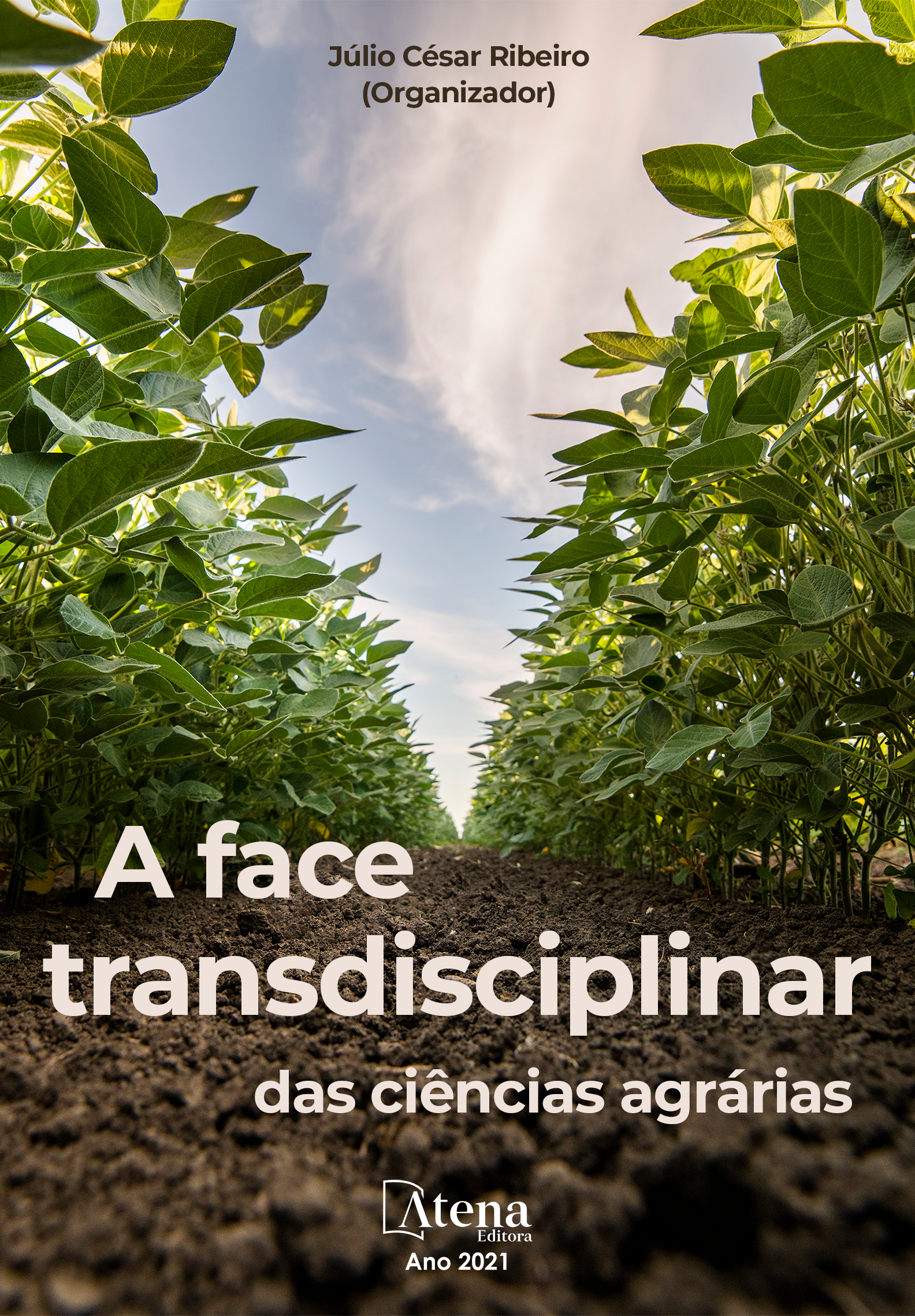
ÁREAS COM FAVORABILIDADE MENSAL À OCORRÊNCIA DE DROSÓFILA DA ASA MANCHADA NO BRASIL
O inseto exótico drosófila-da-asa-manchada, Drosophila suzukii (Matsumura, 1931) (Diptera: Drosophilidae), é uma praga de importância econômica no Brasil. O inseto apresenta potencial para atacar vários cultivos hospedeiros, cujos danos variam diferenciadamente conforme local, manejo e hospedeiro. Áreas nacionais que apresentem maior disponibilidade de hospedeiros e condições favoráveis ao desenvolvimento e geração de maior número de indivíduos desse inseto devem ser identificadas, no intuito de disponibilizar conhecimento para as estratégias de prevenção. Este capítulo apresenta zoneamentos de áreas mensais favoráveis à maior ocorrência de D. suzukii no Brasil, visando apoiar o manejo integrado de pragas, especialmente o monitoramento e controle. Técnica de geoprocessamento (ArcGIS) foi utilizada considerando informações de 12 cultivos hospedeiros e suas respectivas produções municipais (2017), de faixas climáticas favoráveis ao maior número de insetos, de fatores abióticos médios do Brasil (2009 a 2018) e da malha municipal (2018) (IBGE; INMET). Observou-se a aptidão à ocorrência de D. suzukii em todas as regiões do país, variando as áreas potencialmente acometidas em função das condições climáticas do mês. A ausência de aptidão foi identificada em cinco meses na região Norte e em um mês na região Sul. As regiões Norte e Nordeste apresentaram maiores quantidades de estados favoráveis no mês de julho, enquanto a região Centro-Oeste em sete meses consecutivos. A região Sul apresentou sete meses favoráveis enquanto a Sudeste apresentou aptidão durante o ano todo.
ÁREAS COM FAVORABILIDADE MENSAL À OCORRÊNCIA DE DROSÓFILA DA ASA MANCHADA NO BRASIL
-
DOI: 10.22533/at.ed.91721100821
-
Palavras-chave: praga exótica; proteção de cultivos; mosca-das-frutas; SIG; Brasil
-
Keywords: exotic pest; crop protection; fruit-fly; GIS; BRAZIL
-
Abstract:
The exotic insect spotted-wing drosophila, Drosophila suzukii (Matsumura, 1931) (Diptera: Drosophilidae), is a pest of economical importance in Brazil. The insect presents potential to attack many crops, whose damages vary differently depending on the availability of local, management, and host crop. National areas which present both great availability of hosts and favorable conditions for the development and generation of a greatest number of individuals should be identified in order to provide knowledge for prevention strategies. This chapter presents zoning maps of monthly favorable areas for the greatest occurrence of D. suzukii in Brazil, aiming at supporting the integrated pest management, specially monitoring and control. Geoprocessing technique (ArcGIS) was used considering information of 12 host-crops and their respective municipal productions (2017), of the favorable climatic ranges for the great number of insects, of the mean abiotic factors in Brazil (2009-2018), and of the municipality grid in 2018 (IBGE; INMET). The aptitude for the occurrence of D. suzukii in all regions of the country was observed, varying the potentially affected areas according to the climatic conditions of the month. The lack of aptitude was identified in five months in the Northern region and in one month in the Southern region. Northern and Northeastern regions presented the greatest number of favorable states in July, while the Middle-Western region in seven consecutively months. The Southern region showed seven favorable months while the Southeastern presented aptitude during all the year.
-
Número de páginas: 20
- Maria Conceição Peres Young Pessoa
- Jeanne Scardini Marinho-Prado
- Catarina de Araújo Siqueira
- Giovanna Galhardo Ramos
- Barbara de Oliveira Jacomo
- Tainara Gimenes Damaceno
- Rafael Mingoti


